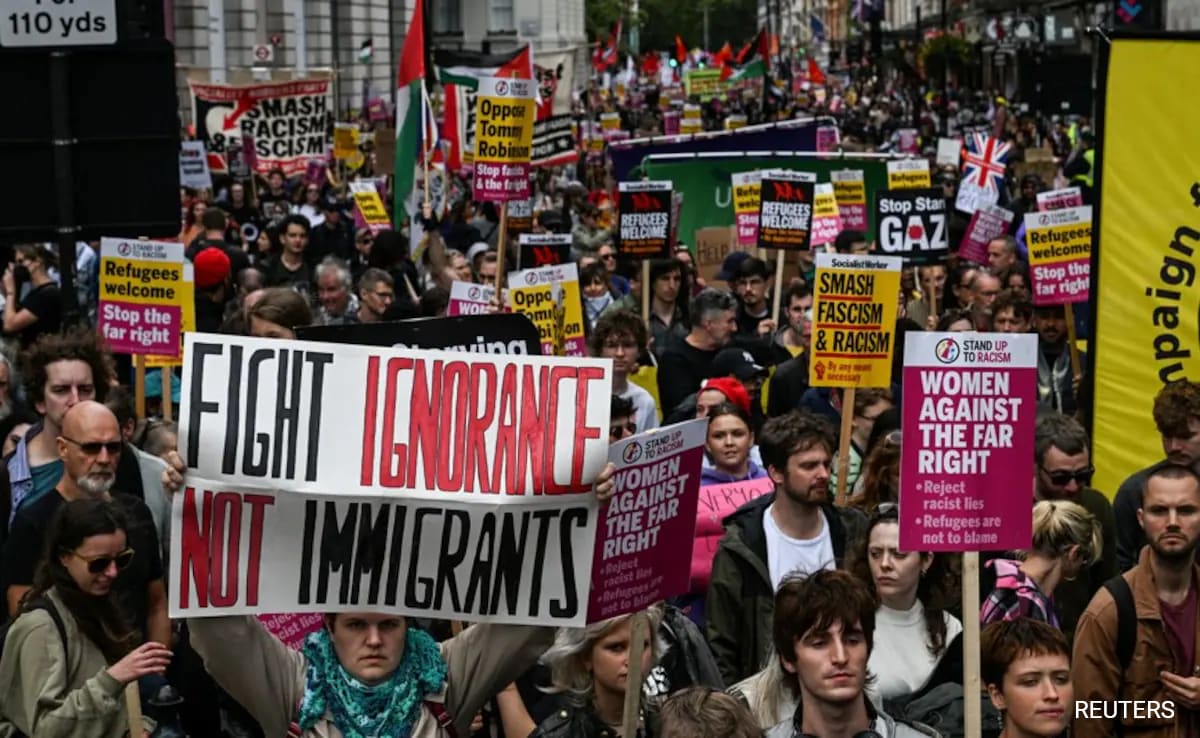Customs processing in the city, the entry point for a million tons of goods annually from Vietnam, was also halted while the Chinese Embassy in Hanoi asked Chinese citizens in Vietnam not to return by land.
The extreme response to one case underlines Chinaâs hypervigilance at a delicate time as Beijing prepares to host the Winter Olympics in February amid new local cases of the omicron variant.
Chinaâs pursuit of a stringent âzero covidâ policy has resulted in increasingly strict border controls and quarantines and frequent lockdowns. According to Vietnamâs state-controlled Hanoi Times, more than 6,000 trucks carrying fruit have been stranded along the Chinese-Vietnamese border for several weeks.
Seven omicron cases have been detected in China over the last two weeks, just before Lunar New Year when millions of residents would normally travel home to spend the holiday with family. Officials â wary of forcing pandemic-weary residents to miss a third Lunar New Year in a row â are strongly urging citizens âcelebrate on the spotâ and avoid going home. On Monday, Lei Zhenglong, deputy director of Chinaâs National Health Commission, ordered officials not to let the countryâs defenses against omicron relax âin the slightest.â
In Xiâan in Shaanxi province, tens of thousands of residents were ordered to quarantine following outbreaks this month of covid-19 and hemorrhagic fever, a seasonal disease caused by the hantavirus. Authorities were struggling to manage angry and frustrated residents as citywide testing got underway. On Wednesday, the cityâs âhealth codeâ system, a QR-based tracking app that residents must show before entering public spaces or traveling, had collapsed after being overloaded with traffic.
On social media, residents complained that they were not able to ride public transportation or get into their apartment compounds because of the health code systemâs failure. In lieu of the app, which includes residentsâ vaccine status and recent coronavirus test results, some companies resorted to having employees sign written statements declaring they are not infected.
Authorities have required all residents leaving the city to present an official letter from local authorities allowing them to board departing trains. One resident stranded in Xiâan North Railway Station described the confusing and contradicting array of rules on Weibo, in a post that was later erased.
âWaited an hour for a nucleic acid test. After buying my ticket, I was told I would need a special certificate from my local neighborhood office," the post began. "Took an hour bus to that office where someone told me no certificate was needed. Took another hour bus back to the train station where I was told to go back to my neighborhood office. Went back. By then, my nucleic acid test was no longer valid. Waited in line again for another test. Took the result to the neighborhood office who told me to go to the subdistrict office for a letter. Staff there said the leaders were discussing. I waited and waited and waited. Then my covid test expired again.â
Another Weibo user in Xiâan expressed similar sentiments. âThese days I feel distress, anger and helplessness,â the person wrote.
Lyric Li in Seoul contributed to this report.
Read more:
.png)











 English (United States) ·
English (United States) ·  Turkish (Turkey) ·
Turkish (Turkey) ·